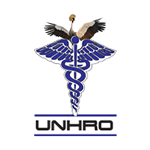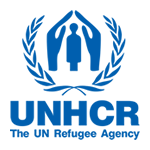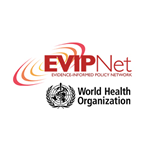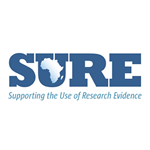NEWSview all articles
28 October, 2015 by Buwembo David in Health News
EVIPNET was launched in 2005 by the World Health Organization (WHO) and the Ministries of Health in several African, Asian and Latin American countries to promote the use of scientific evidence in health policy formulation. To achieve this, country or regional teams championed by health authorities are organized with key stakeholders, such as policy makers, researchers and representatives from other sectors (e.g. science & technology, education, civil society organizations, patient advocates, topic experts, local networks, etc.). These teams identify and address country priority topics where a perceived need to strengthen the systematic use of research evidence to inform decisions about policies for health has been identified. EVIPNet therefore includes components relevant to research and to development and is expected to help strengthen national health research systems.
A current collaboration between REACH and EVIPNet is the Supporting the Use of Research Evidence (SURE) project at Makerere University College of Health Sciences for strengthening health systems through the use of research evidence for decision making. EVIPNet Africa includes African partners such as Burkina Faso, Cameroon, Central Africa, Ethiopia, Mozambique, and Zambia and REACH covers the East African Partner States of Tanzania, Kenya, Rwanda, Uganda and Burundi.









